Summaries of books about Philosophical Theories:
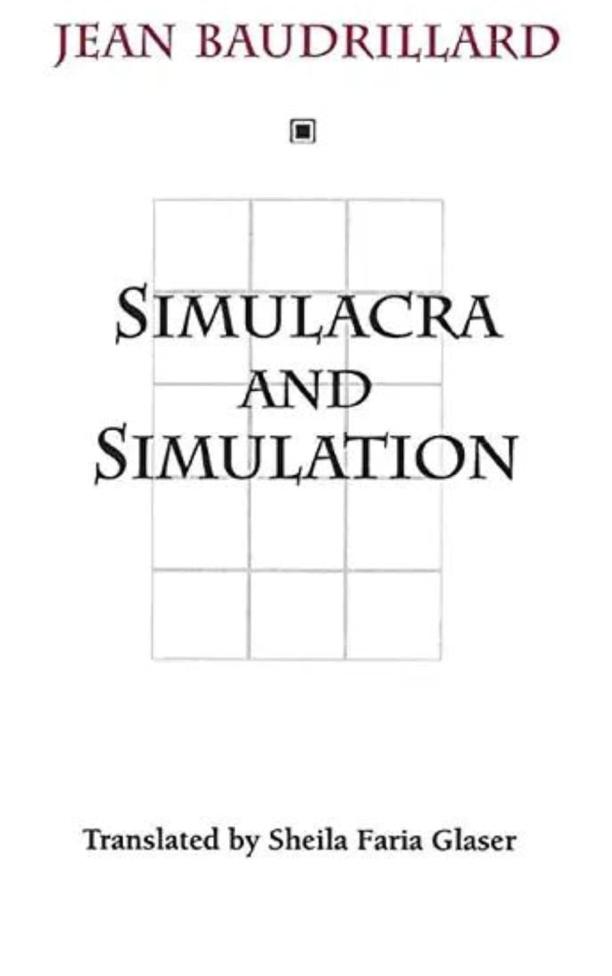
Simulacra and Simulation
Jean Baudrillard, Sheila Faria Glaser
The book explores the concept of simulacra, or copies without originals, in contemporary society, arguing that reality has been replaced by a hyperreality where symbols and signs have become more significant than the real world they represent. It delves into the implications of this phenomenon across various domains, including media, culture, and economics, suggesting that the distinction between reality and representation has become increasingly blurred.
See full summary
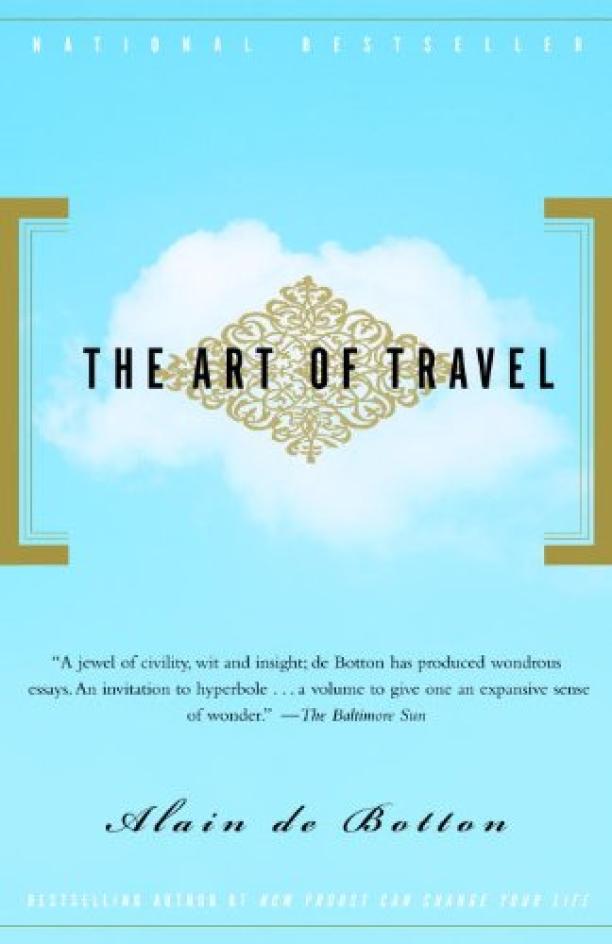
The Art of Travel
Alain De Botton
The book explores the philosophical dimensions of travel, examining the reasons why we travel and the impact it has on our lives. It delves into the experiences of various artists and thinkers to illuminate the deeper meanings and pleasures of journeys.
See full summary
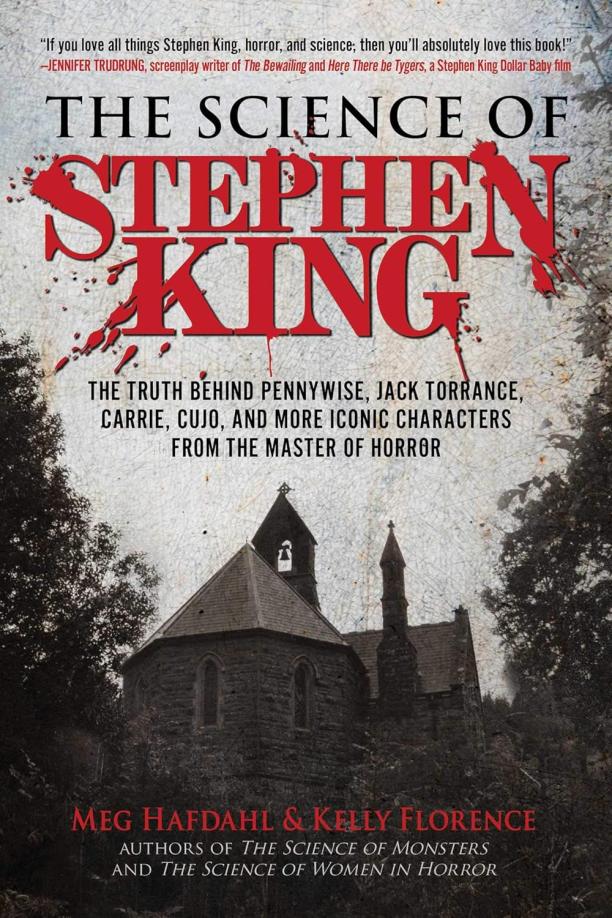
The Science of Stephen King
The Truth Behind Pennywise, Jack Torrance, Carrie, Cujo, and More Iconic Characters from the Master of Horror
Meg Hafdahl|Kelly Florence
The book explores the real-life science and psychology behind the supernatural elements and terrifying characters found in Stephen King's novels. It delves into how King's work is influenced by and reflects genuine scientific principles, fears, and phenomena.
See full summary
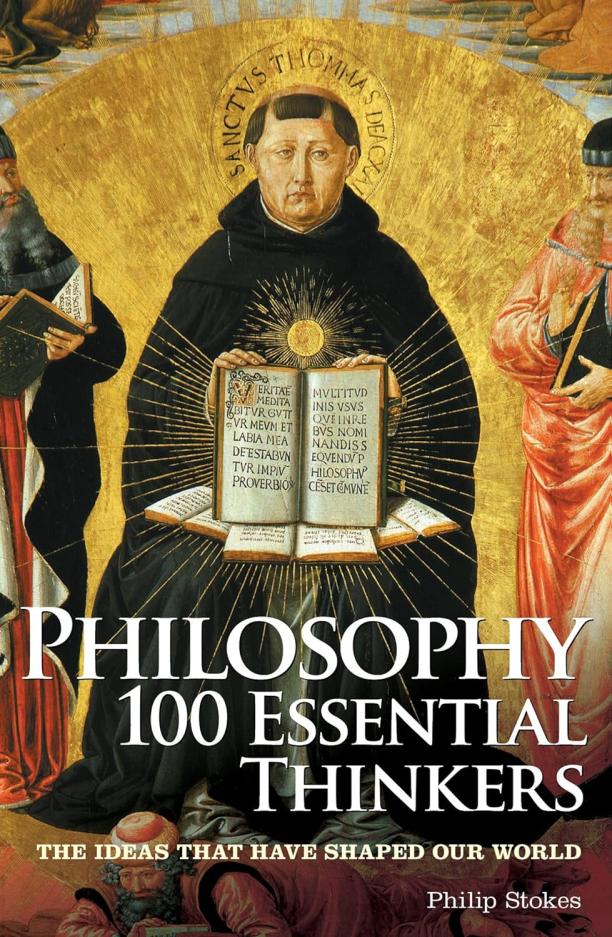
Philosophy 100 Essential Thinkers
Philip Stokes
The book provides concise summaries of the lives and intellectual contributions of one hundred influential philosophers, ranging from ancient figures like Socrates and Aristotle to modern thinkers such as Wittgenstein and Sartre. It offers an overview of their key ideas, philosophical contexts, and lasting impacts on the field of philosophy.
See full summary
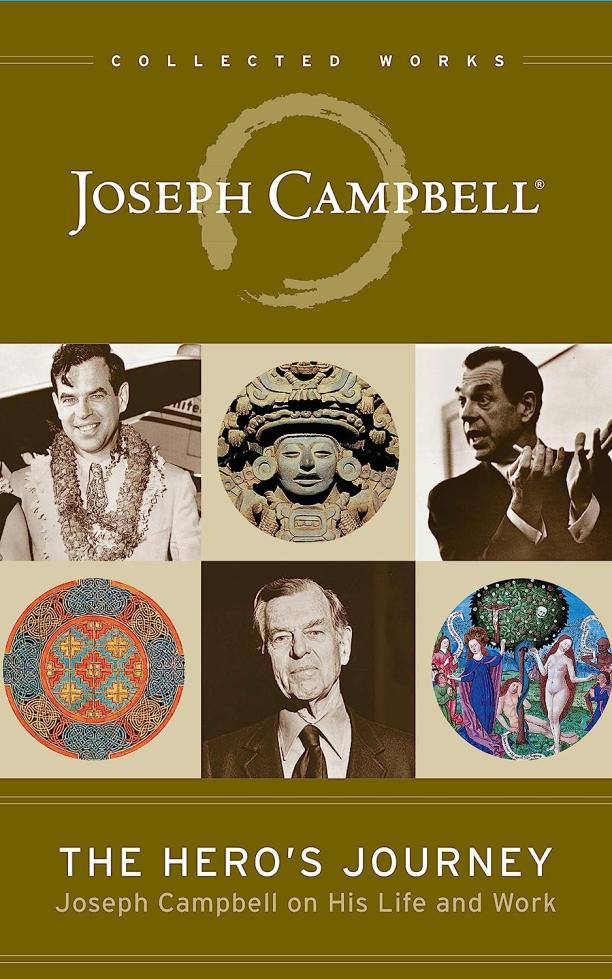
The Hero’s Journey
Joseph Campbell on His Life and Work
Joseph Campbell
The book explores the concept of the monomyth or "hero's journey," a universal narrative pattern that Campbell identified in myths from various cultures around the world. It combines autobiographical information, interviews, and discussions on mythology and the impact of myth on human experience, offering insights into Campbell's life and the development of his ideas.
See full summary
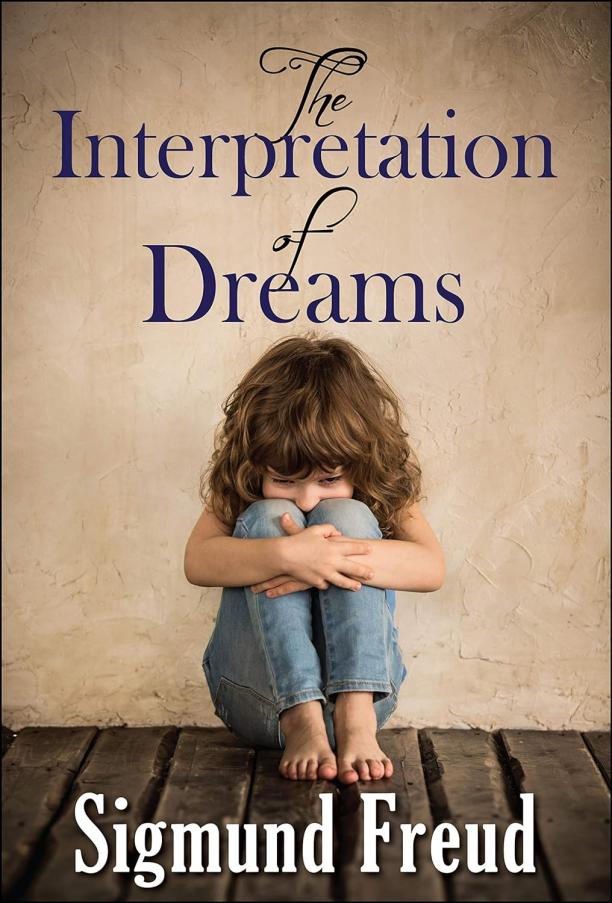
The Interpretation of Dreams
Sigmund Freud
The book introduces the theory that dreams are a manifestation of unconscious desires, fears, and conflicts. It outlines Freud's method of psychoanalytic dream interpretation, which involves the analysis of dream symbols and the exploration of latent content behind manifest dream images.
See full summary

Silence
In the Age of Noise
Erling Kagge
The book explores the author's personal experiences and philosophical reflections on the concept of silence, examining its importance in a world overwhelmed by noise and distraction. It delves into how silence can be found and the profound impact it can have on our well-being, creativity, and connection to the world.
See full summary
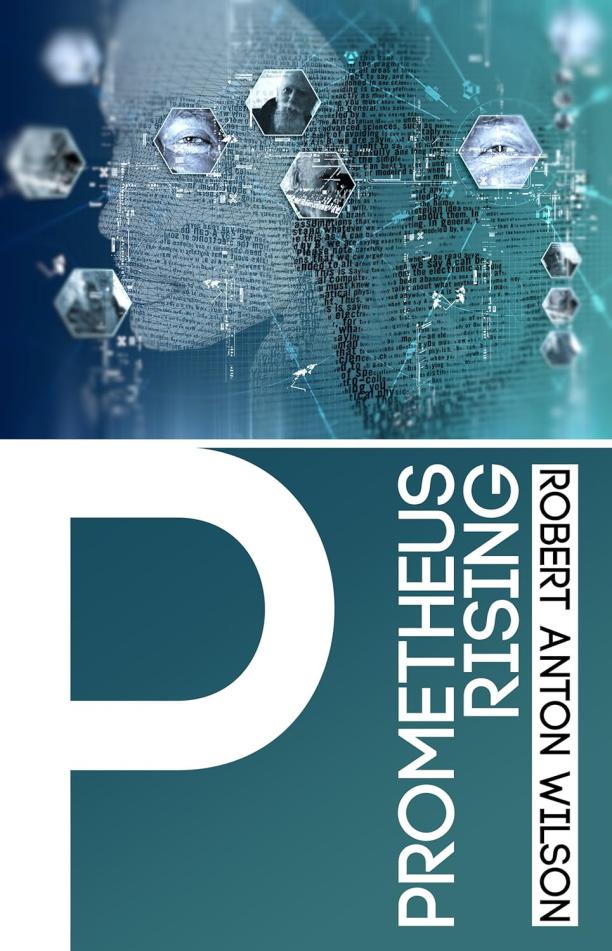
Prometheus Rising
Robert Anton Wilson
The book explores the human mind and how it can be programmed and reprogrammed using various methods, drawing on Timothy Leary's Eight Circuit Model of Consciousness. It combines psychology, sociology, and quantum physics to present techniques for personal growth and expanded consciousness.
See full summary
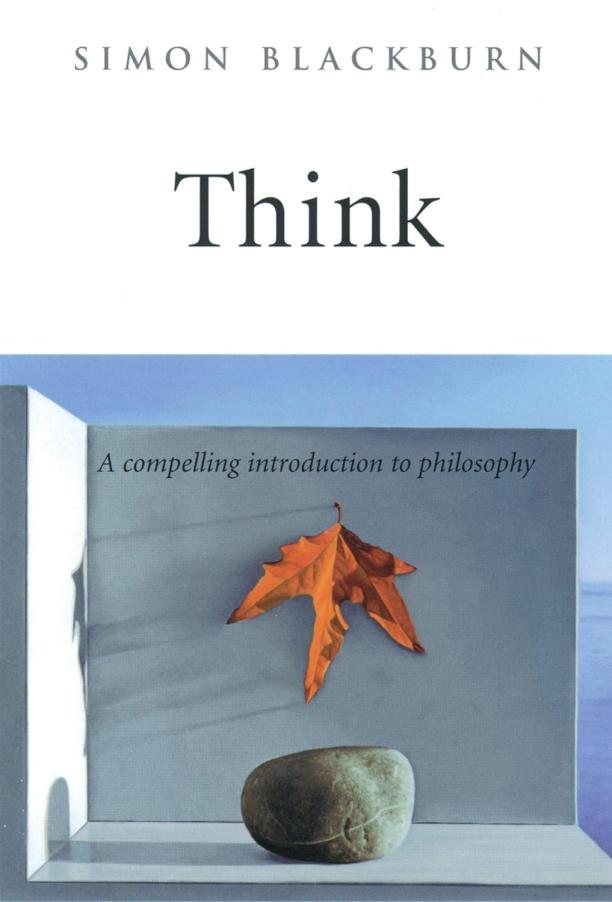
Think
A Compelling Introduction to Philosophy
Simon Blackburn
The book provides an accessible exploration of fundamental philosophical concepts, issues, and debates, ranging from knowledge, mind, and free will to the nature of reality, God, and ethics. It engages readers with philosophical thinking through clear explanations, thought experiments, and discussions of the contributions of famous philosophers.
See full summary
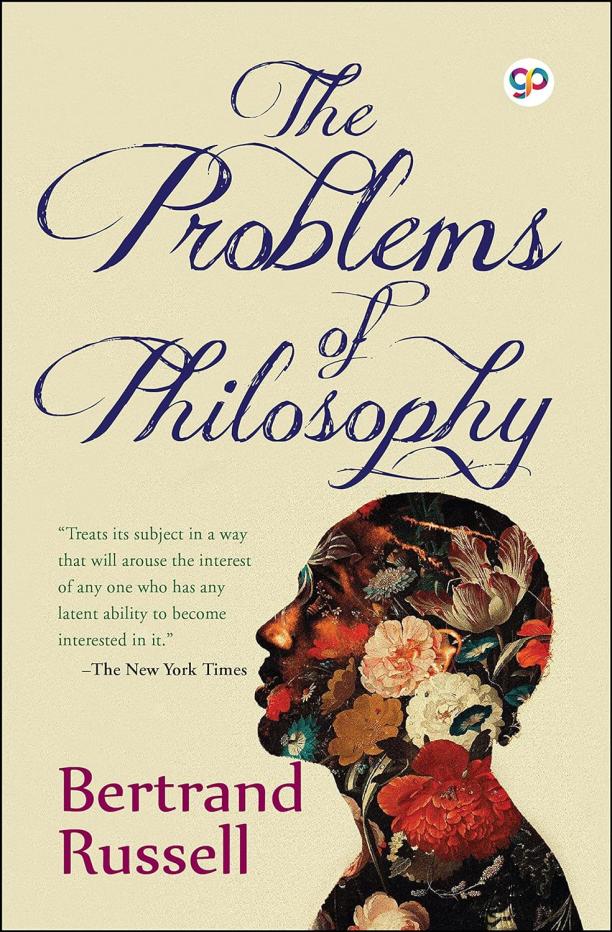
The Problems of Philosophy
Bertrand Russell
The book offers an accessible introduction to the fundamental concepts and questions of philosophy, examining topics such as the nature of reality, the limits of human knowledge, and the validity of logical reasoning. It explores philosophical problems through a critical lens, encouraging readers to ponder the relationship between subjective perception and objective truth.
See full summary